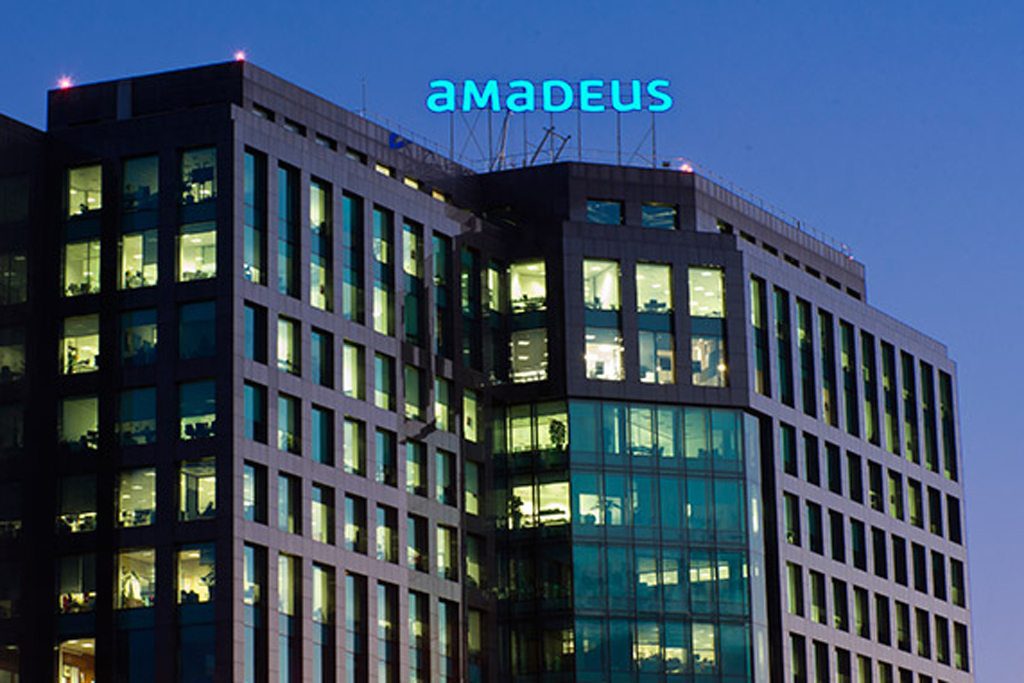Skift Take
In settling this lawsuit, Amadeus doesn't admit to any wrongdoing or violations of antitrust law. Along with Travelport, Amadeus agreed to have its team engage in antitrust compliance training.
Travel technology company Amadeus settled a lawsuit led by seven U.S. flyers purportedly on behalf of the American ticket-buying public by agreeing to pay $3 million in fees to plaintiff’s attorneys in return for no longer having to defend itself against the charges, said a filing in New York federal court.
The suit alleged that Amadeus colluded with its peer companies Sabre and Travelport to wrangle advantageous content distribution contracts with airlines. The suit accused the three companies of strong-arming airlines into accepting excessive fees, which were passed along to U.S. consumers via allegedly higher airfares.
The flyers filed their case in July 2015 with the hope of getting the lawsuit certified as a class action, representing all U.S. ticket buyers in recent years. The seven flyers will get $500 each out of the $3 million settlement by Amadeus, while the plaintiffs’ attorneys get the rest. Why are the plaintiffs themselves getting so little? We don’t know.
Amadeus — as did Travelport in an earlier settlement — agreed, as a token of good faith, to conduct annual antitrust compliance training for their staff, such as a reminder on the rules about exchanging sensitive competitive information with competitors or coordinating conduct with respect to contracting with air carriers, for five years.
Amadeus denies wrongdoing and said in a statement that it chose to pay “for reasons of financial and business expediency.” The Madrid-based company had announced its intention to settle in the summer but only agreed to the financial terms this week.
“We categorically deny any allegations of collusion with competitors,” the company said in a statement. “Amadeus has always been open to working flexibly with airlines on content distribution, presenting a range of options that meet their specific business needs.”
Another defendant, UK-based Travelport, exited the case this spring. Travelport did not provide a cash payment but agreed to reimburse the plaintiffs’ attorneys about $117,000 in litigation expenses.
Will Sabre Settle, too?
The decisions to pay by Amadeus and Travelport gives money to the class action attorneys, who will now continue their pursuit of Texas-based Sabre.
Sabre’s lawyers have contacted the seven plaintiffs directly to discuss a possible settlement that would route around the attorneys. You may wonder how Sabre could bypass the attorneys when they represent the plaintiffs, and so have those attorneys, who have asked the judge to stop Sabre from its outreach.
Given that Sabre is a company that prefers third-party to direct distribution when it comes to airline content, it’s a bit amusing that it wants to cut the middlemen lawyers out of this legal transaction because of perceived high costs.
The most likely outcome now is that Sabre settles, as well. The putative class action lawsuit will almost certainly never be certified such, based on the judge’s recent decisions related to the Amadeus and Travelport settlements.
The news of Amadeus’ settlement comes one week after the European Commission announced an investigation into possible antitrust violations by the largest providers of airline distribution services — Amadeus and Sabre. That inquiry aims to suss out whether their contracts with airlines and travel agencies have illegally inhibited competition — with the effect of inflating airfares and hurting consumers.
The Daily Newsletter
Our daily coverage of the global travel industry. Written by editors and analysts from across Skift’s brands.
Have a confidential tip for Skift? Get in touch
Tags: amadeus, antitrust, global distribution systems, lawsuits, sabre, travelport
Photo credit: A view of the Amadeus headquarters in Madrid. The company settled an antitrust lawsuit in the U.S. Amadeus
